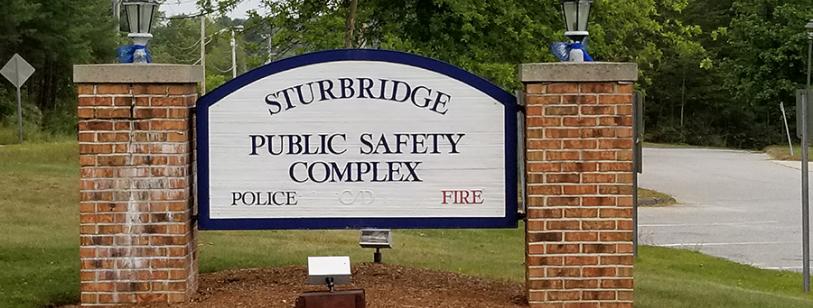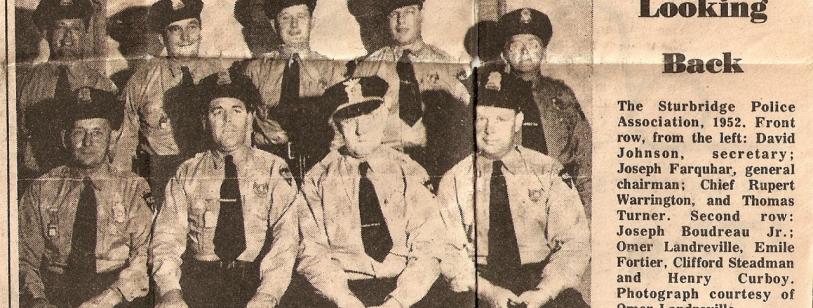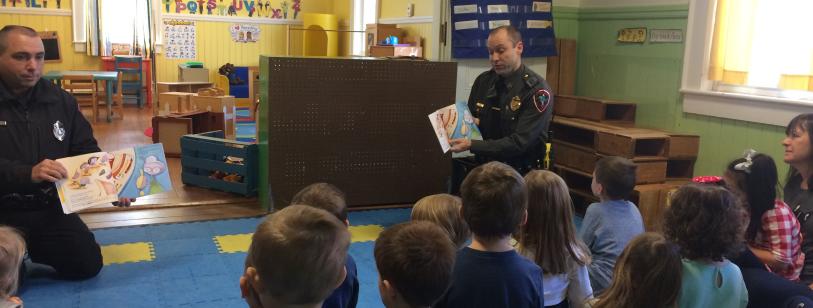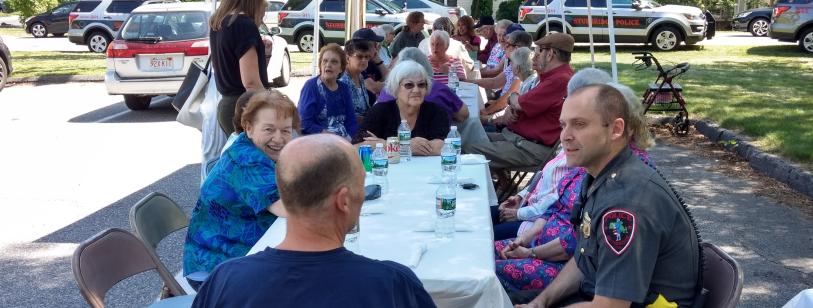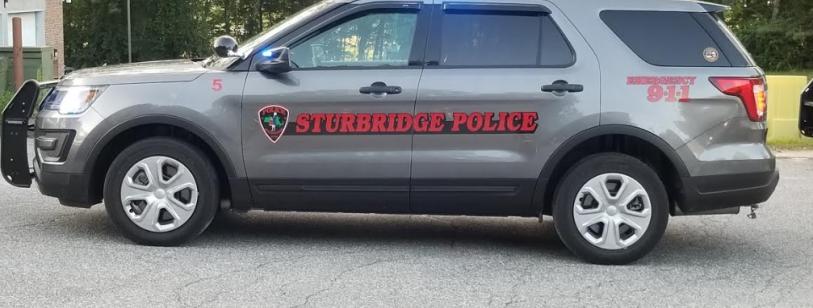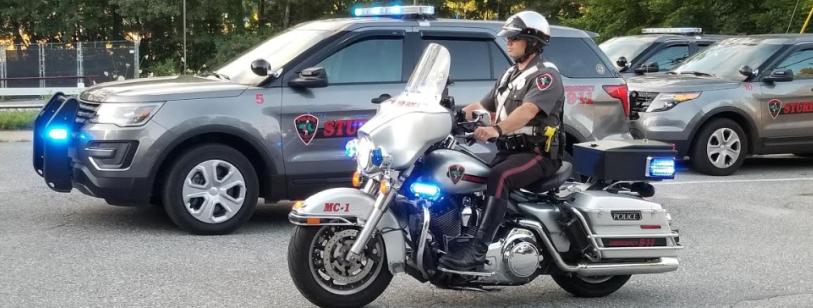What to Expect When Stopped by Police
This Web page is designed to provide information about the rights and responsibilities of both community members and the police. It will also provide some information as to why police make stops and what you can expect if you are stopped by police.
This document is not written to provide legal advice. If you have specific legal questions, you should refer to the appropriate legislation and/or seek counsel.
Police Officers may stop people who are driving when they observe an offence in violation of laws, municipal by-laws or any other laws, or if the person or vehicle matches the description of someone in an investigation.
Officers may stop pedestrians on the street if they observe an offence, if they are investigating a complaint, or if they believe the person has committed or is about to commit a crime. These interactions usually involve the officer asking for your name, address and identification, and other questions that are appropriate to their investigation.
Officers also routinely walk in their patrol areas and speak to people on the street. These contacts are not considered stops, and the goal is for the officers and the community to become more familiar with one another.
Each situation is unique and the police officer will alter his or her approach to fit the circumstances. At all times, police officers must work within the applicable laws and within departmental policy and procedures.
A Sturbridge Officer:
Will provide his/her name and badge number upon request.
Who are not in uniform will present proper identification which you may ask to examine.
Will explain to you why you are being stopped.
Traffic Stops
Common reasons to be Stopped
Traffic safety for motorists, pedestrians, and cyclists remains one of the largest public safety concerns on roadways, so traffic education and enforcement are important roles for police officers. While drivers may be stopped to ensure they have a valid driver’s licence, permit, and insurance and that they are not impaired by alcohol and/or drugs, the most likely reason why people are stopped while driving is for committing an offence which violate traffic laws. Officers have discretion in issuing citations.
Other Reasons Individuals May be Stopped While Driving
Criminal driving offenses, especially operating under the influence but also negligent operation, operating under suspension and many others. Criminal Investigations often involve officers looking for a suspect, a witness or a suspect vehicle. You or your vehicle and/or occupants may match the description the officer is looking for. Courtesy or safety concerns, such as when your trunk is open, something is hanging from your vehicle, or something is on top of your vehicle, may also lead to stops or warrant exists for the arrest of an occupant of the vehicle.
Things to do when stopped
Officers are trained to place a great deal of emphasis on their safety and yours so they can do the job of protecting the public and ensuring public safety. Many of these guidelines conform to safety procedures, based on long experience, that officers are trained to follow.
- When you see the blue lights and/or hear the siren, remain calm and safely pull over to the right side of the road (or nearest edge of the roadway on one way streets).
- Remain seated in your vehicle unless the officer advises otherwise. It may take the officer some time to approach your vehicle for safety reasons.
- Massachusetts law requires drivers to produce their licence, vehicle registration, and insurance card upon demand of a police officer. If your documents are out of reach, tell the officer where they are before you reach for them.
- It is imperative that you identify yourself correctly.
- If the stop occurs during darkness, turn on your dome or interior lights so the officer can easily see the interior of your car.
- If there are passengers in your vehicle, encourage them to stay seated in the vehicle, remain quiet and cooperate with instructions.
- The officer may issue you a citation. If you feel the reason is vague or unclear, ask the officer for details.
- Avoid getting in an argument. If you wish to contest the ticket, you will have an opportunity to address the matter in court.
- If you receive a citation, accept it calmly. Accepting the ticket is not an admission of guilt.
As with traffic stops, if you do not agree with the officer's conduct or actions, keep track of all pertinent information, including the officer's name and badge number. You have the right to file a complaint with the Professional Standards Division of the Sturbridge Police Department.
